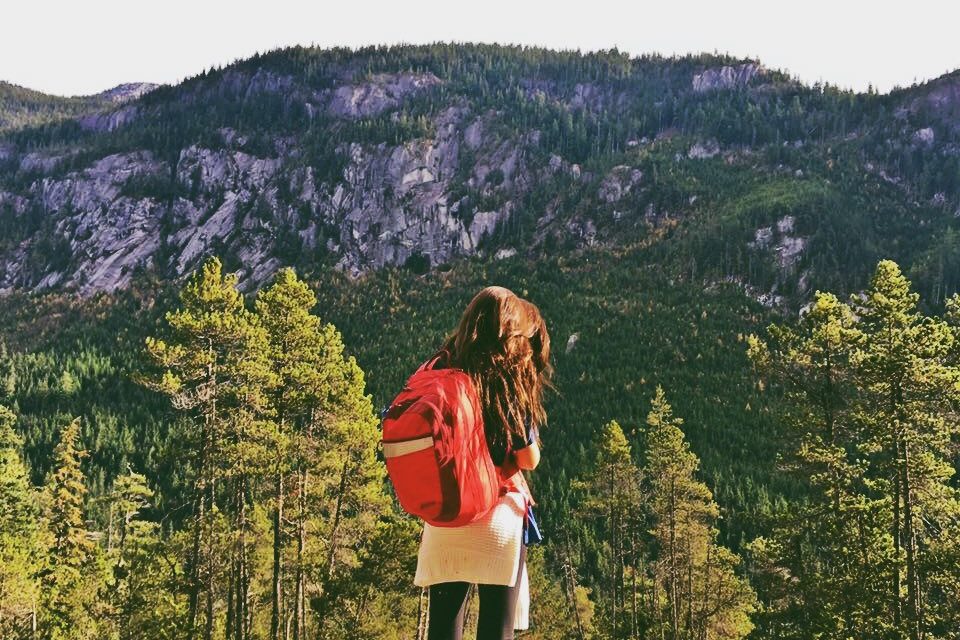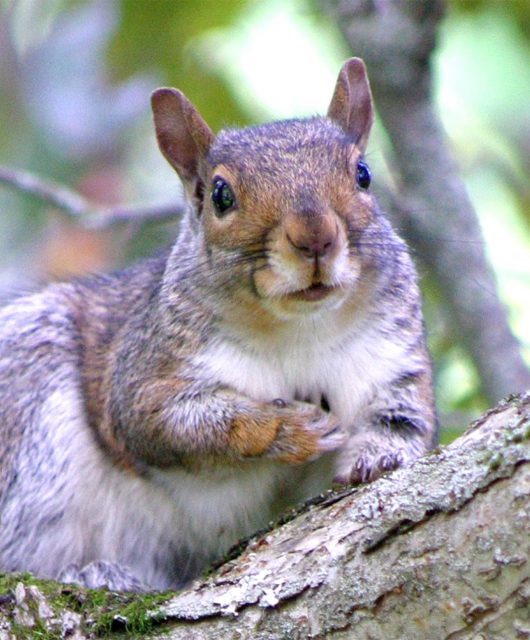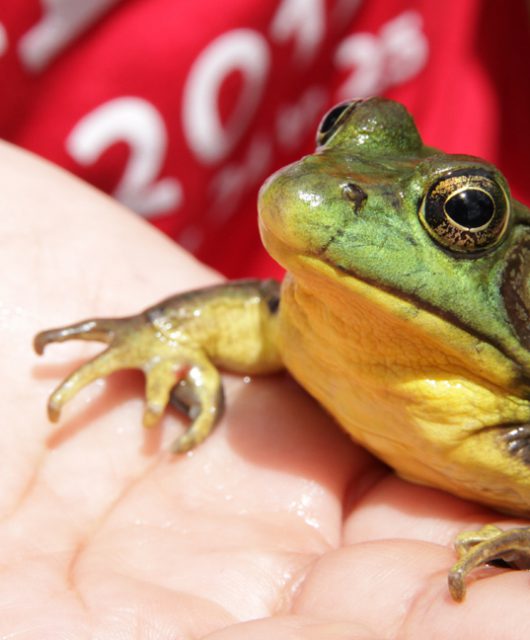I was born in the late 1980s in a small log house built by my father on the edges of the Mississippi River in a small village called Appleton. My mother, a young Inuit woman from the northern tips of Canada decided to have me at home despite the push back she received from surrounding communities and western medical professionals. To top off my welcoming into this world, none other than Betty-Anne Daviss (Google her), my parents’ midwife, caught me as I took my first breathe.
Perhaps being born into a circle of activists set me on this path of environmentalism and fighting for a more compassionate world, or maybe this became my path due to the life I have lived. Either way, I’m here to share my story so I can hopefully inspire you to do more: more for our communities, more for our planet and more for our wildlife.
What you may or may not know is that we’re all connected, whether you live in a city, a town, a village, or alone in the woods, we all share our next breath on the same planet, together. And when one of is suffering, that suffering will find its way to all of us, even if we don’t feel it immediately. We have a moral obligation to our future generations to start taking better care of our planet.

I can’t tell you exactly when the moment of urgency happened for me. I grew up in northern Canada among First Nations and Inuit communities and then back to our nation’s capital where I had a mix of small town and city experiences. I’ve shared moments with wolves, bears, whales, birds, amphibians and insects of all sorts — all interactions made me appreciate them. Situations like this gave me a profound respect for the animals that guard and guide us, even when we’ve stepped onto their territory. My university degree allowed me to learn about every environmental issue there was and unpack how we got here as a global community. Through all of this, the confirmation of our interconnectedness on this planet was written into my DNA.
What I can tell you is that we all live on this beautiful planet together and it’s up to us to take care of it. The health of our wildlife reflects the health of us and the scariest part is that we need them and we might lose them. Wildlife take care of everything. They offer us pollination so that we have many foods and different medicines. They also help to largely shape the landscape so that we have healthy forests, fields, rivers and oceans.
More than half of the oxygen we breathe comes from our oceans. Yes, you read that right. Marine photosynthesizers like phytoplankton and seaweed use carbon dioxide, water and the energy from the sun to make food which then releases oxygen! This is just one example of many that reflects how irreplaceable our wildlife.
So let’s return the favour and make a promise to do more; do more for the wildlife that provide us with nutritious food, healthy forests and clean oceans.
I’ve made the promise, will you?




1 comment
Wonderful articles. We all must make an effort to mitigate the damage caused by mindless growth. York Region where I live there seems to be at war with natural areas mainly to allow enormous homes to be built for few people to live in. They seem mainly being used as a place for investment not truely a home.
I have tried to make my property
natural space but I am surrounded by properties that are unfriendly to nature. I willingly pay a price for that .
We can do better. I WILL DO BETTER.